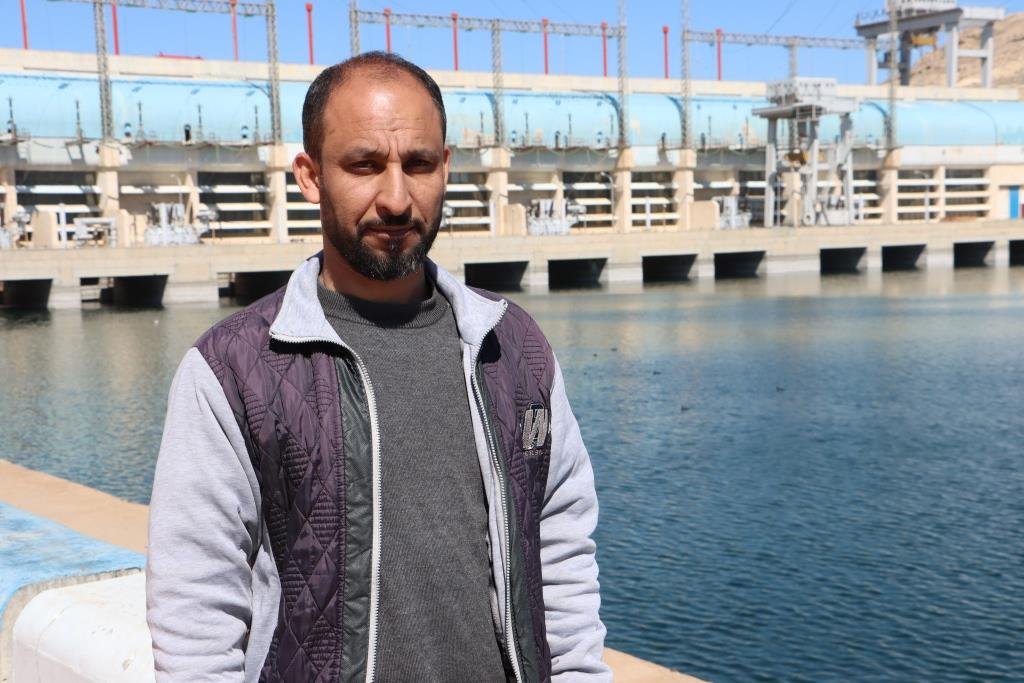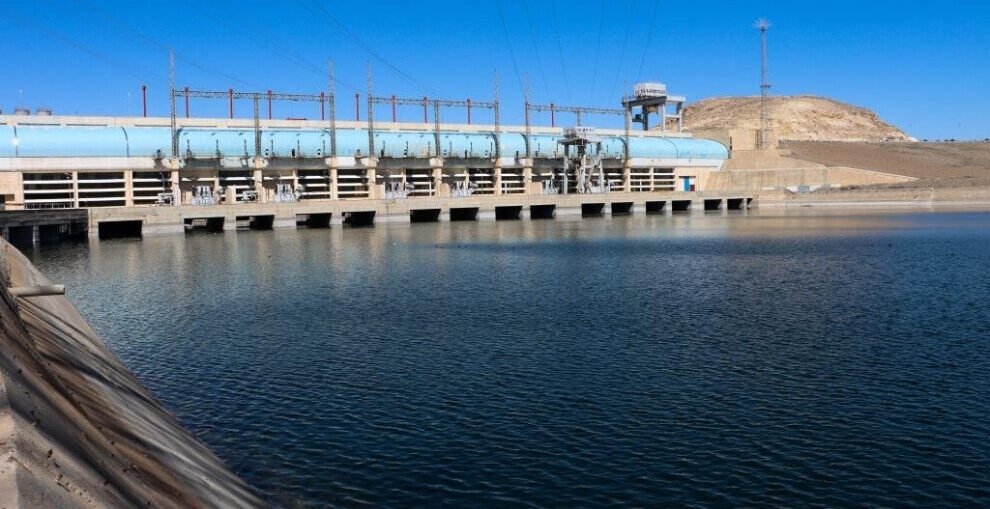Turkey’s reduction of Euphrates water level continues to negatively affect North and East Syria. Engineer Hemud El-Hemadin warned that reducing the water level could lead to a humanitarian disaster.
The occupying Turkish state has reduced Syria’s share of the Euphrates River water since January 27, 2021. The claim that Turkey allows the flow of water does not reflect the truth. On the contrary, Turkey continues to reduce the amount of water flow into Syria, which negatively affects all areas of life.
70% of the water coming from outside of Syria meets the needs of the people. However, the Euphrates water has gradually decreased by 35%. Reduction of water affects the daily needs of the region’s people, including drinking water, agriculture and electricity.
According to the agriculture committees in the region, the Euphrates provides water to approximately 900,000 acres of agricultural land in Syria, and the water flow was decreased significantly in the summer of 2020.
At a time when the embargo continues to hit North and East Syria, the decrease in the level of the Euphrates water also affects the production of the region.
TISHRIN DAM
The Tishrin (Rojava) Dam Management Member Engineer Hemûd El-Hemadîn said that the catchment of the Euphrates and Tishrin dams received approximately 16 billion cubic meters of water. However, the water level in both dams has dropped up to 3 meters.
Speaking to ANHA, El-Hemadîn revealed that the water level in both dams dropped to 6 meters in 2021. “Last year, electricity distribution in the region was a disaster. In some areas, electricity was distributed for only 2 or 3 hours in 24 hours, and the dam could only work for 6 hours,” he said.
“Dams need 300 cubic meters of water per second to operate properly. Furthermore, a turbine needs 105 megawatts of electricity to operate. However, the amount has dropped to 200 or 125 cubic meters per second.”
El-Hemadin noted that the decrease in the water level would lead to a humanitarian disaster in the long run, adding, “If the Turkish state continues to reduce the water level, drinking water will decrease, the agricultural season will be negatively affected, and electricity will be cut off completely.”


